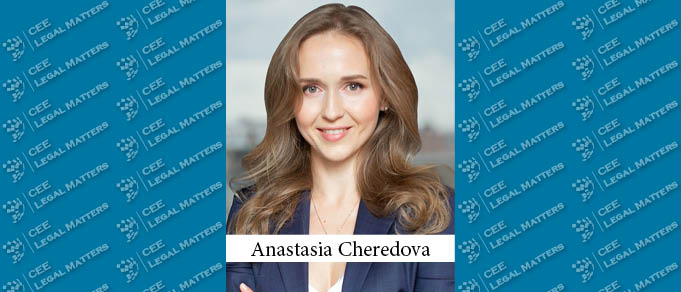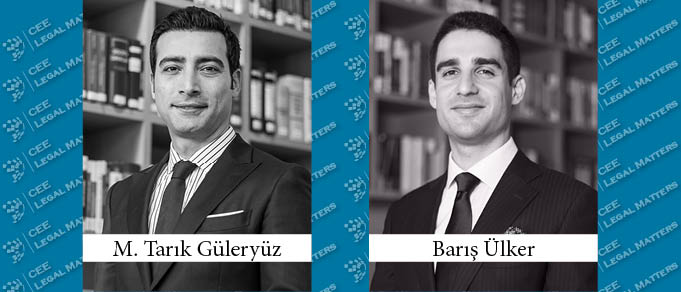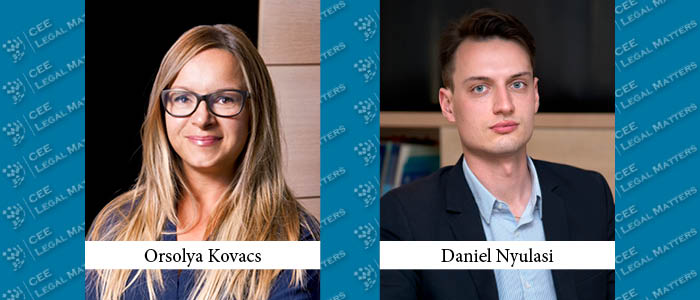One year into the COVID-19 pandemic, the “new normal” is as fluid and unexpected as ever. The aftermath of the health crisis and its economic impact has not matched the initial expectations for dispute resolution: the Romanian market has not been flooded with insolvencies and commercial disputes.
Litigation in Russia - Myth or Reality?
In the first half of 2021, we at VEGAS LEX completed a survey among 100+ foreign lawyers to reveal myths concerning dispute resolution in Russia. In most questions, the respondents were asked to choose “True” or “False” on the proposed statements.
Enforcement of Foreign Arbitral Awards in Turkey
Arbitration is usually a more favored dispute resolution mechanism in the international arena compared to national courts for its many advantages, such as cost efficiency, speed, and confidentiality. That being said, an enforcement procedure also needs to be pursued if and when the arbitral award is not performed willingly by the losing party – which is usually the case. Accordingly, if an arbitral award is rendered in a foreign country or it is considered to be “foreign” according to Turkish law [as explained below], a court process will have to be followed for the enforcement of the award in Turkey.[1]
Tips for Investors to Build Litigation Strategy in Ukraine
For the purposes of this review below we assume a hypothetical scenario whereas a company is illegally deprived of assets or investments in Ukraine.
Foreign Arbitral Awards in Russia — Public Policy Issue
International arbitration is a highly popular instrument of the dispute resolution, and, therefore, the actual recovery of debts is a matter of high importance. Meanwhile, creditors often face problems in the process of recognition and enforcement of foreign arbitral awards in Russia. Statistics for 2020 shows that 87 of 244 claims submitted to Russian courts were dismissed (35.6%). This means that each third claimant cannot count on receiving the funds in reality.
New Era in Trials: Procedures and Principles to Attend Hearings Through Audio and Video Transmission Are Regulated
The "Regulation on the Conduct of Trials by Audio and Video Transmission in Civil Procedures" ["Regulation"] was published in the Official Gazette dated 30 June 2021 numbered 31527 and entered into force on the same date. The Regulation sets out the procedures of e-hearings, which have become more important due to the Covid-19 pandemic. According to Regulation, e-hearings will have the same legal consequences with the physical hearings.
Mandatory Mediation: An Obstacle to Access to Justice?
Mediation is essentially a dispute resolution method; and an ancient institution throughout the history of mankind that is traditionally recognized in almost all societies. Instead of bringing an action before court; by applying mediation, the disputing groups [i.e., the villagers, townsfolk or members of a profession] discuss the issue with the assistance of a third person, and that third person assists parties in reaching a settlement. In this conventional system based on the fundamental principle of freedom of will, mediation is perceived to be an “alternative” dispute resolution method free from the coercive power of state. Such situation similarly appears in the settlement of disputes between the states.






























